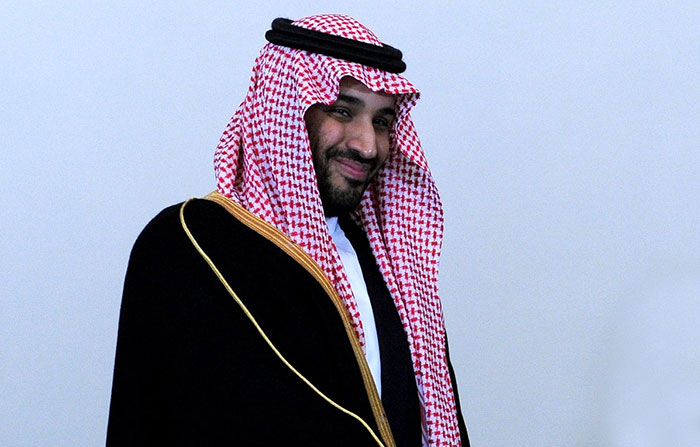web_mohammad_bin_salman_al_saud_3.jpg

Deputy Crown Prince of Saudi Arabia Mohammed bin Salman was repsonsible for the country's "Vision 2030", an ambtious plan to wean the country off oil. The latest cuts however were unexpected. Credit: www.kremlin.ru
A cabinet statement and royal decree read aloud on state-run TV yesterday said ministers’ salaries would be cut by 20%. Meanwhile, overtime, annual leave, and housing and car allowances for some council members, will also be scaled back.
The measures will likely come as a shock to government employees, who make up two thirds of Saudi workers, and have never had their pay cut before.
But the drop in global oil prices have weighed heavily on oil-rich gulf states like Saudi Arabia, which ran up a record budget deficit of almost $100bn last year, forcing the state to take measures to boost revenue and make savings, however unpopular.
“The cabinet has decided to stop and cancel some bonuses and financial benefits,” one of the statements read out on TV said.
Housing and car allowances for members of the appointed Shoura Council will be cut by 15%. Overtime bonuses have been slashed by up to 50% of basic salaries, but no less than one quarter, and annual leave has been capped at 30 days.
The only public sector employees exempt from the cuts are troops stationed along the country’s southern border or abroad as part of the Saudi’s 18-month intervention in Yemen.
Over 70% of government revenues come from oil, and more than a year of falling prices has left a serious hole in the budget. This year, the government is targeting $87bn worth of savings through a combination of spending cuts and growth in non-oil revenues, although yesterday’s announcements had not been expected.
In April, the country unveiled an ambitious plan to wean the nation off oil within the next two decades, dubbed “Vision 2030”.
It envisaged an increase in non-oil revenue from $43.6bn in 2015 to $265bn in the next 14 years.
Shortly afterwards, in May, credit rating agency Moody’s downgraded Saudi Arabia, along with Oman and Bahrain, as a result of the impact low prices had had on the countries’ usually buoyant public finances.












